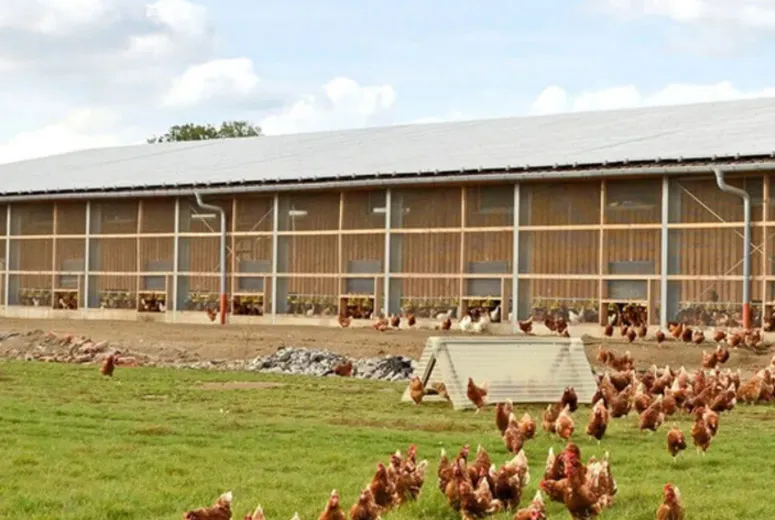- Afrikaans
- Albanian
- Amharic
- Arabic
- Armenian
- Azerbaijani
- Basque
- Belarusian
- Bengali
- Bosnian
- Bulgarian
- Catalan
- Cebuano
- Corsican
- Croatian
- Czech
- Danish
- Dutch
- English
- Esperanto
- Estonian
- Finnish
- French
- Frisian
- Galician
- Georgian
- German
- Greek
- Gujarati
- Haitian Creole
- hausa
- hawaiian
- Hebrew
- Hindi
- Miao
- Hungarian
- Icelandic
- igbo
- Indonesian
- irish
- Italian
- Japanese
- Javanese
- Kannada
- kazakh
- Khmer
- Rwandese
- Korean
- Kurdish
- Kyrgyz
- Lao
- Latin
- Latvian
- Lithuanian
- Luxembourgish
- Macedonian
- Malgashi
- Malay
- Malayalam
- Maltese
- Maori
- Marathi
- Mongolian
- Myanmar
- Nepali
- Norwegian
- Norwegian
- Occitan
- Pashto
- Persian
- Polish
- Portuguese
- Punjabi
- Romanian
- Russian
- Samoan
- Scottish Gaelic
- Serbian
- Sesotho
- Shona
- Sindhi
- Sinhala
- Slovak
- Slovenian
- Somali
- Spanish
- Sundanese
- Swahili
- Swedish
- Tagalog
- Tajik
- Tamil
- Tatar
- Telugu
- Thai
- Turkish
- Turkmen
- Ukrainian
- Urdu
- Uighur
- Uzbek
- Vietnamese
- Welsh
- Bantu
- Yiddish
- Yoruba
- Zulu
Sep . 22, 2024 05:53 Back to list
Understanding the Costs of Steel Frame Warehouses
Steel frame warehouses have become a popular choice for businesses looking to construct durable, efficient, and cost-effective storage solutions. This modern architectural option offers numerous benefits, including strength, flexibility, and sustainability. However, understanding the costs associated with building a steel frame warehouse is crucial for any company considering this investment.
Initial Construction Costs
The initial construction cost of a steel frame warehouse is influenced by various factors. Firstly, the size of the warehouse plays a significant role. Larger warehouses require more materials and labor, driving up the overall cost. On average, the cost can range from $20 to $40 per square foot, depending on the specifications and the local market conditions.
Secondly, the complexity of the design impacts the expenses. Custom designs with unique features such as higher ceilings, insulation, and specialized flooring will increase costs. Additionally, obtaining permits and complying with local building codes can add to the expenditure, necessitating a thorough understanding of regulatory requirements.
Material Costs
Steel is a primary component of steel frame warehouses, and its price fluctuates based on market conditions, availability, and global demand. As of recent data, the cost of steel can vary greatly, and this fluctuation can directly impact the budget for the construction. To mitigate risks associated with price volatility, businesses can consider locking in prices with suppliers or sourcing their materials in advance.
steel frame warehouse cost

Moreover, it's essential to consider the type of steel used. For instance, galvanized steel, which is treated to resist corrosion, may come at a higher price but offers long-term savings by reducing maintenance costs. Therefore, investing in quality materials upfront can lead to financial benefits down the line.
Labor Costs
Labor is another significant component of construction costs. The availability of skilled labor in a particular region can affect pricing. In areas with a shortage of qualified workers, labor costs may soar. Conversely, in regions with a competitive labor market, businesses might find more reasonable rates. It's advisable to obtain multiple quotes from contractors to ensure a fair price while considering the expertise and reputation of each.
Operational Costs
Once constructed, steel frame warehouses can lead to reduced operational costs. Steel structures are energy-efficient, and many designs incorporate insulation options that minimize heating and cooling expenses. Additionally, the durability of steel means lower maintenance costs over the building's lifespan. This aspect is particularly appealing to businesses aiming for long-term operational efficiency.
Conclusion
Building a steel frame warehouse is an investment that comes with various costs to consider. From initial construction expenses and material prices to ongoing operational costs, careful budgeting and planning are essential. Despite the potential for high upfront costs, the long-term benefits of durability, energy efficiency, and lower maintenance expenses make steel frame warehouses an attractive option for many businesses. By understanding and managing these costs effectively, companies can ensure that they make a wise investment that supports their growth and operational needs.
-
Steel Frame Factory with Insulated Roof Panels
NewsAug.14,2025
-
Prefab Metal Building with Insulation Package Options
NewsAug.14,2025
-
Industrial Steel Sheds for Temporary Workshop Use
NewsAug.14,2025
-
Metal Workshops Featuring Corrugated Steel Roofs
NewsAug.14,2025
-
Modular Steel Frame Excellence: Our Pursuit of Perfection
NewsAug.14,2025
-
Metal Garage Kits Crafted with Customer Satisfaction at Heart
NewsAug.14,2025
Products categories
Our Latest News
We have a professional design team and an excellent production and construction team.












